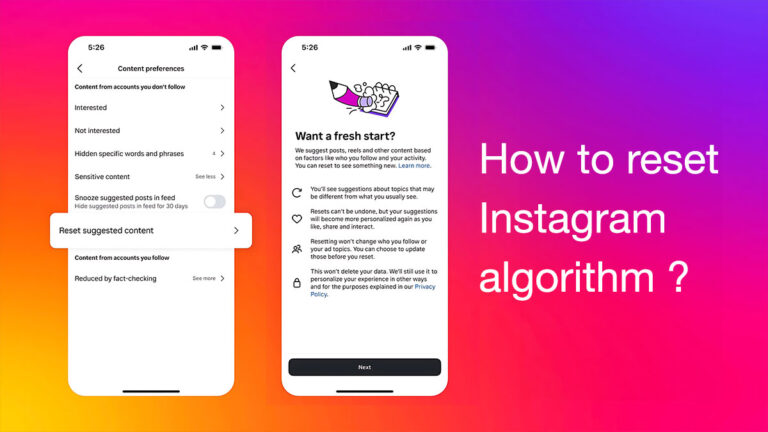Feeling triggered in relationships is a common phenomenon that occurs when certain words, actions, or behaviors of a partner evoke strong emotional reactions or negative memories. These triggers are often rooted in past experiences, unresolved emotional wounds, and personal insecurities. Understanding why triggers arise in relationships can help individuals navigate their emotions and work towards healthier communication and interactions.
Here are some reasons why people may feel triggered in relationships
Unresolved Past Trauma
Previous experiences of trauma, whether from childhood or past relationships, can create emotional triggers. Certain situations or behaviors that resemble past traumatic events can bring back intense emotions and cause distress.

Unmet Needs
Triggers can emerge when current relationship fail to meet our emotional needs or expectations. For instance, if someone grew up feeling unheard or dismissed, they may be triggered when their partner doesn’t listen to them.
Insecurities in relationships
Personal insecurities about self-worth, appearance, or abilities can lead to heightened sensitivity in relationships. Criticisms or comments from a partner may trigger feelings of inadequacy.
Fear of Abandonment
If someone has a fear of abandonment due to past experiences, even minor signs of distance or perceived neglect from a partner can trigger intense anxiety or fear.
Negative Patterns
Individuals may fall into negative relationship patterns based on their upbringing. For example, if someone witnessed unhealthy communication between their parents, they might replicate similar patterns in their own relationships.
Emotional Baggage
Everyone carries emotional baggage from past relationships, which can impact how they perceive and react to current partners. Negative experiences from previous relationship can create sensitivity to certain behaviors.
Miscommunication
Misunderstandings and miscommunication can lead to feeling triggered. If one person’s intentions are misinterpreted, it can stir up feelings of hurt, anger, or frustration.

Expectation Mismatch
Unrealistic or unspoken expectations in relationships can lead to triggers. When partners don’t meet these expectations, it can evoke disappointment or resentment.
Lack of Emotional Regulation
Individuals who struggle with regulating their emotions may be more prone to feeling triggered. They might react strongly to situations that others would find less distressing.
Projection
Sometimes, triggers arise from projecting one’s own unresolved issues onto a partner. For instance, if someone is struggling with guilt, they might interpret innocent actions of their partner as accusatory.
Power Dynamics
Power imbalances in relationships can lead to triggers. Feeling controlled or disempowered by a partner’s actions can evoke strong reactions.
Loss of Autonomy
Feeling trapped or losing one’s sense of individuality within a relationship can trigger emotions related to autonomy and freedom.
Managing Triggers in Relationships
- Self-awareness: Recognize your triggers and understand where they originate. Identifying the source of triggers can help you communicate with your partner about your feelings.
- Open Communication: Discuss your triggers with your partner in a non-confrontational manner. Sharing your past experiences and sensitivities can promote understanding and empathy.
- Personal Growth: Engage in personal growth activities like therapy, self-reflection, and journaling to address underlying issues that contribute to triggers.
- Emotional Regulation: Develop healthy ways to manage and regulate your emotions. Techniques such as mindfulness, deep breathing, and meditation can be helpful.
- Set Boundaries: Clearly define boundaries with your partner to prevent triggering situations and ensure both of your needs are respected.
- Couples Therapy: If triggers significantly affect the relationship, consider couples therapy. A therapist can provide guidance on effective communication and healing wounds.
- Practice Empathy: Be empathetic towards your partner’s triggers as well. Understanding each other’s triggers can lead to a more supportive and compassionate relationship.

Feeling triggered in relationships is often rooted in past experiences, insecurities, and unresolved emotions. By cultivating self-awareness, effective communication, and personal growth, individuals can navigate triggers and foster healthier, more fulfilling relationships.
(Disclaimer: The information given here is based on general information. THE MONK does not confirm this.)































